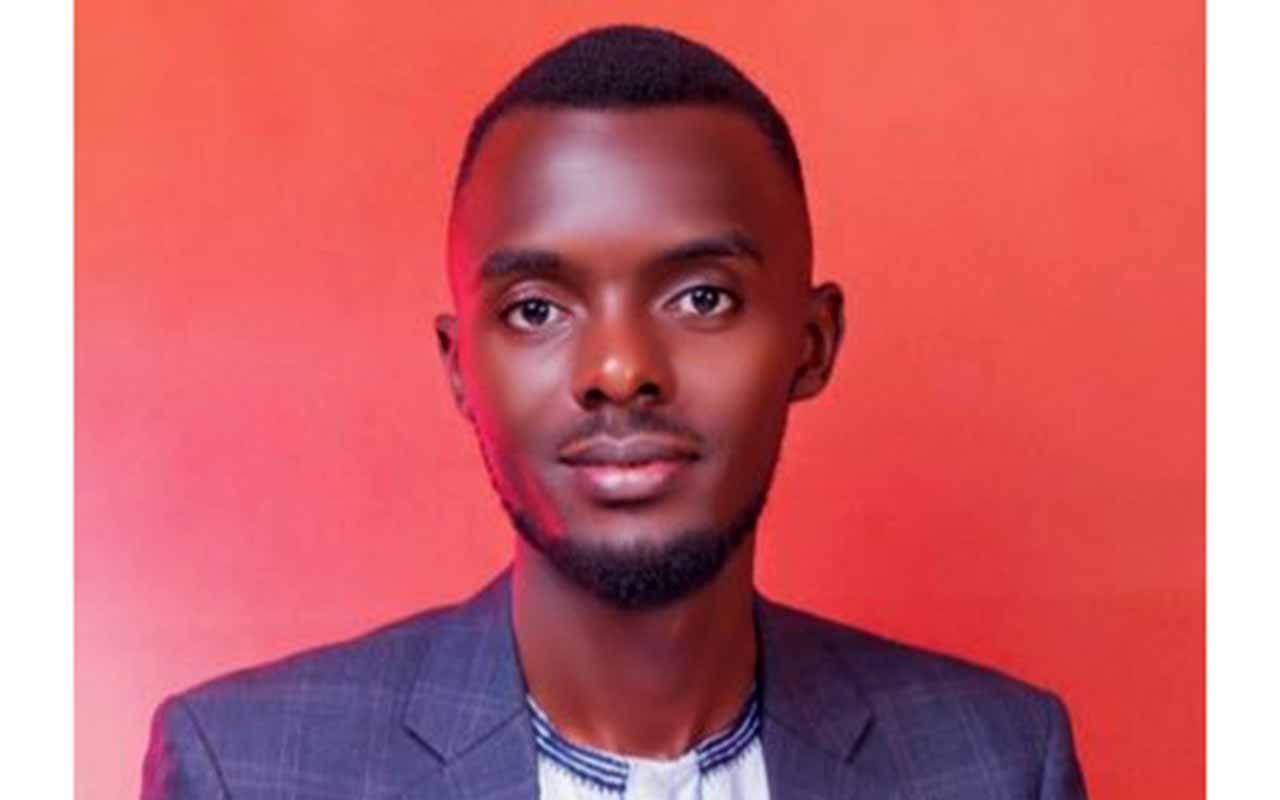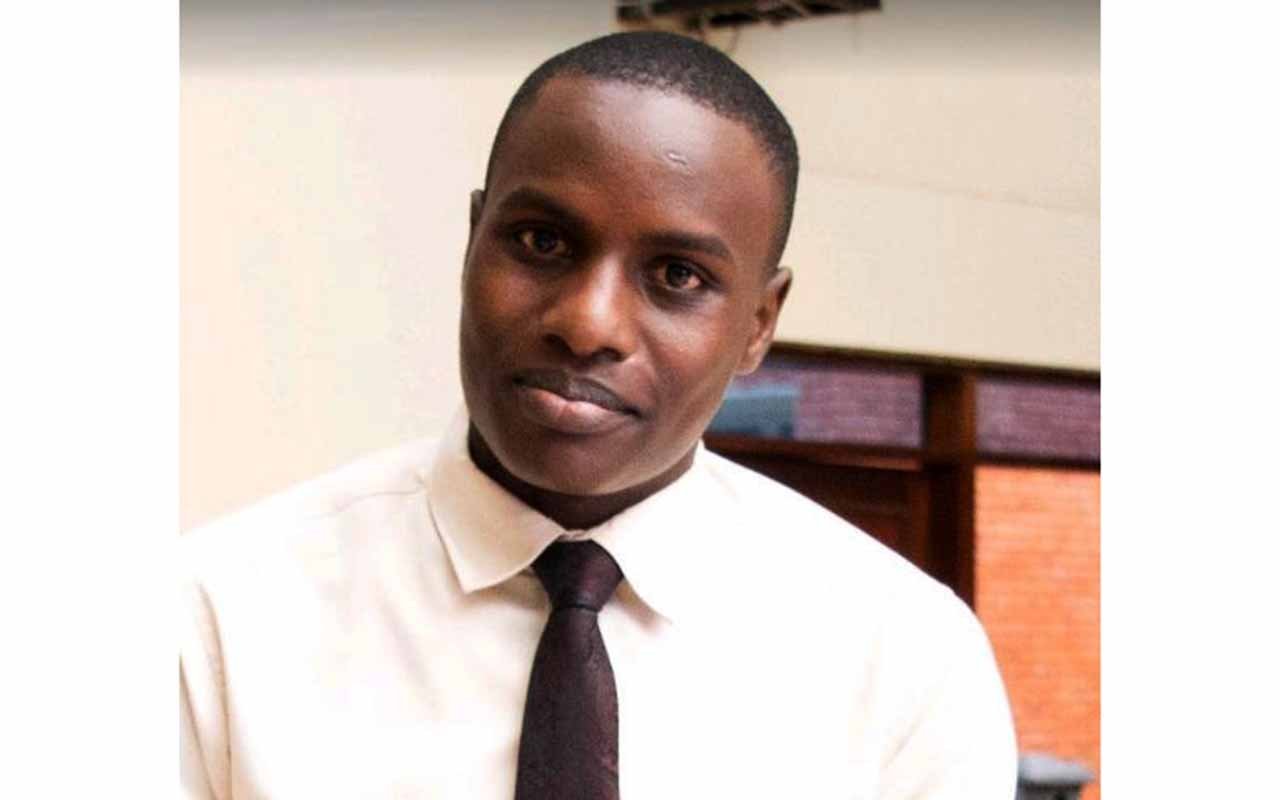
Mr Daniel K. Kalinaki
In late September 2005, the Government of Uganda entered into a contract with the Atlanta-based Cable News Network (CNN) to promote the country as a top tourist destination. Under the $1m deal, the Inside Africa show which ran on CNN every week would, for six months, carry the tagline, “Uganda: A Gift of Nature”.
The idea was that Americans and other CNN viewers around the world would be lured to see our excellent landscapes and wildlife and whatever else we have to offer and bring us their money. Despite questions then about who had brokered the deal and how much it was really worth, many agreed on the merits of marketing Uganda.
That was in September. The ads would have started airing in October or thereabouts. However, in November, Kizza Besigye returned from exile in South Africa to run for president in the country’s first multiparty election. He was promptly arrested and charged with treason and rape. When his co-accused were granted bail, they were promptly rearrested and the High Court was besieged by heavily armed commandos.
By the time the election came around in February 2006, it was pandemonium presented as politics. CNN’s story on February 22, 2006, by Jeff Koinange described the contest as a “soap opera” and said the campaign season had been filled with “intrigue, innuendos and insults”.
The cost-benefit analysis of our cameo on the international tourism marketing scene has never been made public, and neither do we know what the officials behind it felt about CNN’s coverage of the election.
Nevertheless, analysis of public data shows that international tourist arrivals to Uganda in the three years to the end of 2005 grew by an average of 26 percent; in the three years from 2006 (that is, when the benefit of the CNN tourism campaign should have kicked in) average growth slowed to 15 percent.
The marketing campaign is not what slowed the growth; most likely it was the noise from the political violence, and perhaps other destinations offering better value for money. To recycle the well-worn cliché, we advertised in poetry, then campaigned in prose.
We tell this story today because officials in government are not happy with Uganda’s negative image abroad which, they believe, is undermining efforts to attract tourists. They also believe that this negative image is a result of unfavourable coverage in mainstream and social media.
As expected, there is talk of a committee to be set up and, of course, funded generously with our money. It isn’t clear what the committee’s work will be, but I can share a few educated guesses.
Easy pickings could be in the form of threatening, arresting or charging social media users who critique government programmes or curate their failures using the plethora of computer misuse and similar legislation.
This will morph into attempts to stifle critical coverage by continuing to push the false narrative that it is funded by foreigners, economic saboteurs and enemies of Uganda’s development.
Attempts to ring-fence government advertising for government-owned and run media houses will probably return to the agenda. As the five-year broadcast licences issued in 2020 come up for renewal next year, critical media houses will come under pressure to drop critical voices or gloss over failed policies. Stubborn editors, columnists and contributors might be targeted for removal or worse.
Unfortunately, as with the CNN 2005 campaign, whatever short-term value these measures bring quickly wears off because the truth is a stubborn stain to remove.
Most Ugandans that your columnist knows love their country. They want to be treated here affordably when they fall sick. They want their children to go to the same schools that they went to, and not to have to sell assets to pay fees. They want good roads to their homes and a public transport system that works. They want to be able to compete for jobs and tenders and win or lose freely or fairly.
They want to feel safe when they walk in the streets and not worry about being jumped. They want to get justice when they go to the courts. Ugandans want to pay a fair rate of tax and see it put to good use. They don’t want their tax money to be handed out to shady characters who claim to be investors, who are then shielded by police and military officers whose salaries they pay.
Ugandans want the right to elect their political leaders and to hold them accountable when they go off the tracks. They want leaders who work for them, not insult and threaten them.
We do not need committees or instructors to teach us how to be patriotic or how to love our country. Ugandans will be the best ambassadors and the most vocal defenders of their country if it is presented in an unfair light. If we want Ugandans to work for Uganda, we must build a Uganda that works for all Ugandans.
Mr Kalinaki is a journalist and poor man’s freedom fighter.
[email protected];
@Kalinaki




